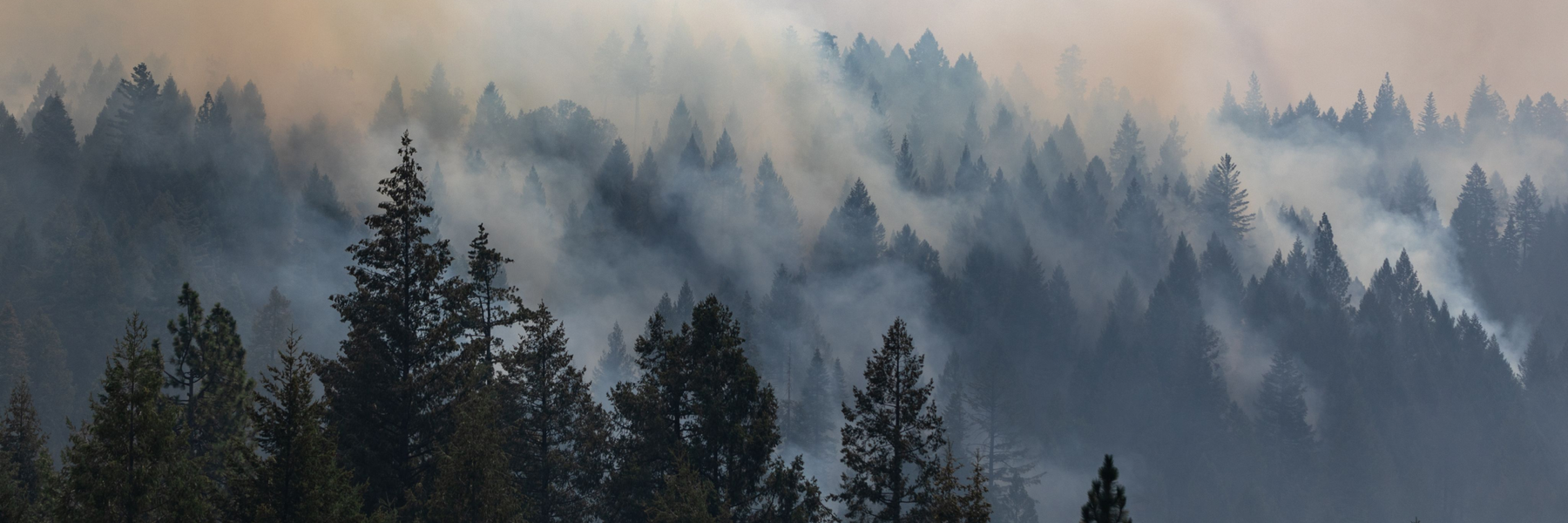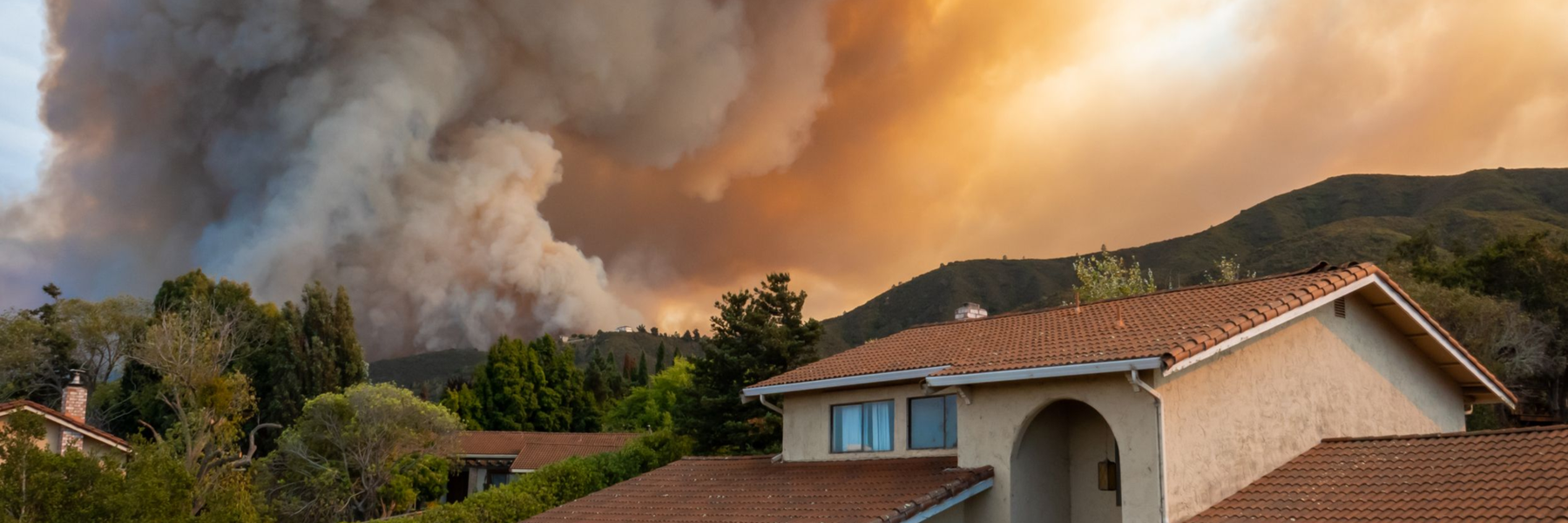Vanessa Nason, who runs our “Counting the Uncounted: The Sexual Assault Evidence Collection Kit Project,” reflects on a year spent tracking down the extent of the rape kit backlog in America.
One year ago, right before the #MeToo tweets started pouring in and powerful men across the country finally began to be held accountable for their actions, we took a stand against another, inextricably-related injustice: the overwhelming amount of untested forensic evidence, processing of which would lead to the conviction of rapists across the country.
The channels sexual assault victims take seem clear: a hospital conducts a rape kit to check for injuries and gather evidence, a victim advocate may provide support, a police department will arrest the offender and bring charges against them.
Unfortunately, as it turns out, this structure is broken from step one.
Rape kits, which are highly invasive and take hours to complete, are often relegated to evidence room shelves, collecting dust instead of catching perpetrators. This backlog of untested rape kits, as we and other organizations refer to it, is a failure of both law enforcement departments and state governments. It allows more than 99 percent of rapists to walk free. It comes at the expense of the many women and men who have been victims of this violent crime, and because so many rapists are serial offenders, it allows for more crime. No federal law mandates police departments report or even maintain statistics on how many untested rape kits they have so, while the number is estimated to be more than 225,000, we decided to use the power of public records and journalism to investigate, to hold police departments and public officials responsible for it. We’ve learned a lot during this time.
To start with, we still don’t have a total number of untested kits, and we probably will not find one, because of how varied department policies are. Columbus, Ohio, for example, couldn’t tell us how many untested rape kits they had, because prior to last March they had no protocol for categorizing them, instead lumping them into an “other” category along with shopping carts and cell phones. Lowell, Massachusetts just doesn’t keep any statistics. And in San Jose, California, the actual amount of untested kits (what we call “backlogged”) is over twice the San Jose Police Department’s official backlog, meaning they have no plans or mandate to test every kit in their possession.
These variances in data makes it incredibly hard to compare jurisdictions, and this in itself is problematic. We know the problem is pervasive, but it’s hard to discern exactly how deep the problem is when there are so many gaps in knowledge. It’s also often difficult to trust the officials meant to solve these problems when they’re not even keeping track of them. This lack of trust in our judicial system is what keeps almost forty percent of people from even reporting their rape to the police every year.
One year in, and we’ve stumbled upon problems we did not even realized existed. The more we investigate, the more we learn, and the more work we realize there is to do. We did not know, for example, that in so many pockets of the country the very act of getting a rape kit is nearly impossible. This is something we’re still learning about. We’ve also learned about statutes of limitations, which, if lifted, would allow more survivors to press charges, and about the legal destruction of sexual assault evidence by law enforcement and hospitals. These are all significant hurdles that we will continue to cover.

Rape kits will go untested as long as testing goes unfunded and the cases remain deprioritized. The problem will persist so long as rape culture persists. But, hopefully, by bringing these injustices out into the open, we can help chisel away at it.
So far we’ve examined the sexual assault policies of 224 cities, towns, and counties. About 80 of them were the direct result of crowdsourcing efforts, where people across the country filled out our online form and asked us to examine their local jurisdiction’s policies, and shared their own stories about sexual assault prosecution.
We’ve also managed to raise $1,555 to help pay the public records fees and the reporting that goes into this, and we’re incredibly grateful for all of the support. If you would like to contribute to our effort, please consider submitting a local jurisdiction via our form below or donating a few dollars to our crowdfund.
Thank you for reading and helping us continue to report on something so important.
Image via EndTheBacklog.org





